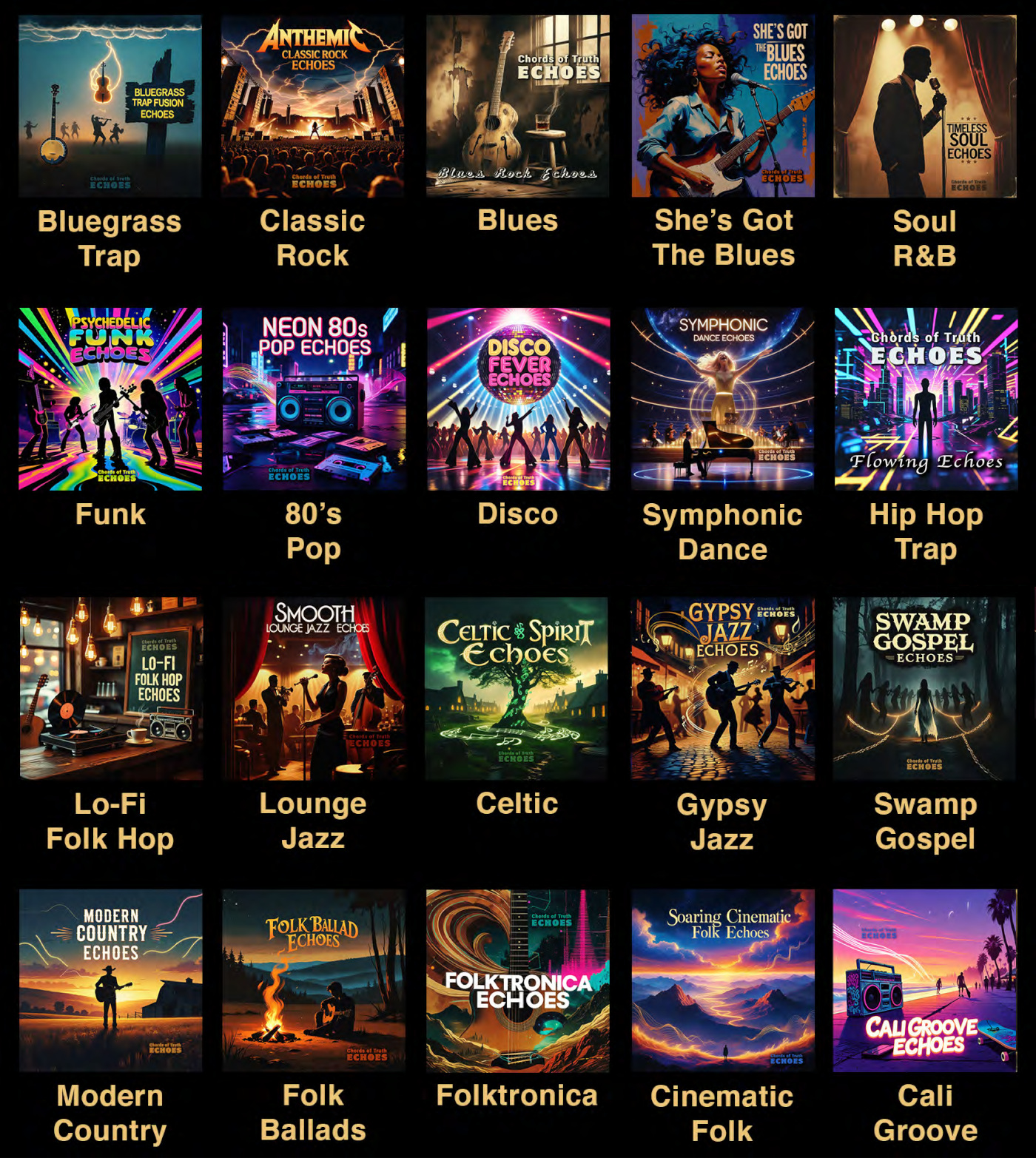Signs
Events occur in patterns of coincidence
At first they seem random free from dependence
Upon observance the evidence sets a precedence
Of not just believing but knowing
With vetted confidence
I don't know why I can't see
What's in front of me
So I try to recognize the signs
That appear by design
We look to what's been
For reference on how to begin
The search for what's holy
And not determined a sin
By dogmatic or cultural view
That's pre conditioned
The way information is processed
In our field of vision
I don't know why I can't see
What's in front of me
So I try to recognize the signs
That appear by design
If we keep our senses and eyes open
We will detect
Points where actions begin to intersect
With occurrences we wish to be perfect
Premonitions and harbingers
They serve to protect
I don't know why I can't see
What's in front of me
So I try to recognize the signs
That appear by design
At first they seem random free from dependence
Upon observance the evidence sets a precedence
Of not just believing but knowing
With vetted confidence
I don't know why I can't see
What's in front of me
So I try to recognize the signs
That appear by design
We look to what's been
For reference on how to begin
The search for what's holy
And not determined a sin
By dogmatic or cultural view
That's pre conditioned
The way information is processed
In our field of vision
I don't know why I can't see
What's in front of me
So I try to recognize the signs
That appear by design
If we keep our senses and eyes open
We will detect
Points where actions begin to intersect
With occurrences we wish to be perfect
Premonitions and harbingers
They serve to protect
I don't know why I can't see
What's in front of me
So I try to recognize the signs
That appear by design
Echoes Playlist
Choose Your Favorite Genre
The Principle
- Recognizing patterns reveals deeper meaning- Observing signs leads to understanding.
- Coincidence unveils a greater design.
Timeless Wisdom
The principle of "Signs" speaks to the timeless human quest for meaning and understanding in a seemingly chaotic world. The principle suggests that by carefully observing events, patterns and coincidences, we can begin to discern deeper truths and make more informed decisions. This resonates with universal experiences of seeking guidance, navigating uncertainty, and finding purpose. The principle suggests that there is a deeper order to life, that things don't happen randomly but that we can learn to perceive these patterns. This connects to spiritual traditions, scientific inquiry, and even everyday intuition. Ultimately, the wisdom lies in cultivating awareness, paying attention to details and developing the ability to interpret what appears as randomness into meaningful connections.Core Themes
Central to the principle is the theme of perception. The principle emphasizes the importance of actively engaging with our experiences, rather than passively accepting them. It challenges the assumption that what we don't see, or understand at face value, is not important. It explores a transition from a state of confusion or blindness to one of clarity and insight. Another vital theme is discernment. This is not merely about recognizing signs but about interpreting their significance. This involves developing a sensitivity to subtle cues, overcoming biases, and integrating different pieces of information. The principle highlights the intersection between the rational and the intuitive, between analytical observation and insights born from gut feelings and intuition. This theme resonates with many spiritual and philosophical systems that value both logic and intuition.Philosophical Mood
The principle evokes a mood of hopeful curiosity. It suggests that while life may present challenges and uncertainties, there is a deeper order to be discovered. This order is not imposed from outside but is revealed through keen observation and thoughtful reflection. This mood of hopeful curiosity encourages an active engagement with life, inspiring people to look for meaning, find patterns, and make sense of the seemingly random events around them. It's not a mood of passive resignation, but one of engaged, thoughtful seeking. There's an undercurrent of trust in the existence of a deeper order, an order that is discoverable by those who are willing to pay attention. This contrasts with cynicism or nihilism, proposing instead that meaning is not inherent but can be discovered through mindful engagement with the world. The philosophical mood is one of optimistic inquiry, encouraging continuous observation and reflection.Parables
Parable 1: The Echoing WellA traveler, lost in a desert, stumbled upon an old well. He heard whispers echoing from its depths. Ignoring them at first, he nearly perished. Listening later he discovered the well's whispers revealed the path to an oasis.
Lesson: Listen to your intuition.
Parable 2: The Shifting Sands
A sculptor, frustrated by a constantly shifting sand dune, tried to build a rigid structure. It always crumbled. He then learned to shape his work with the wind and sand, creating ephemeral beauty.
Lesson: Adapt to change.
Conscious Creation Exercises
Exercise 1: The Unseen BridgeDescribe a time you felt lost or uncertain, and then write about how you found your way. What were the unexpected clues or signs?
Exercise 2: The Pattern Weaver
Reflect on your life. Look for recurring patterns or coincidences. Can you identify any meaningful connections?

